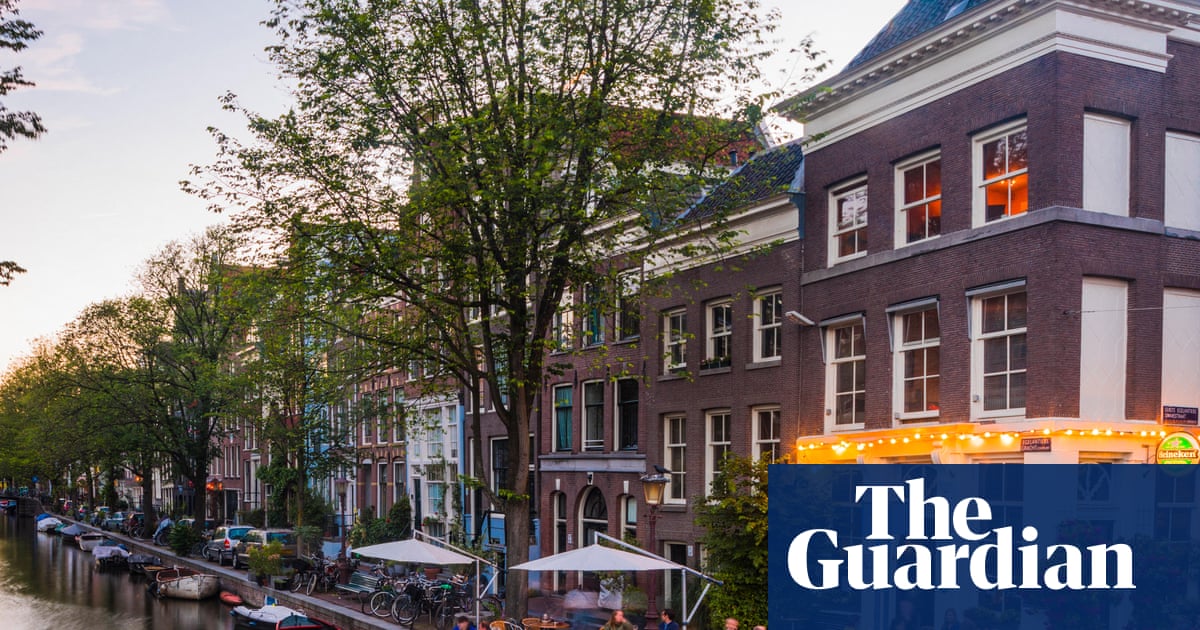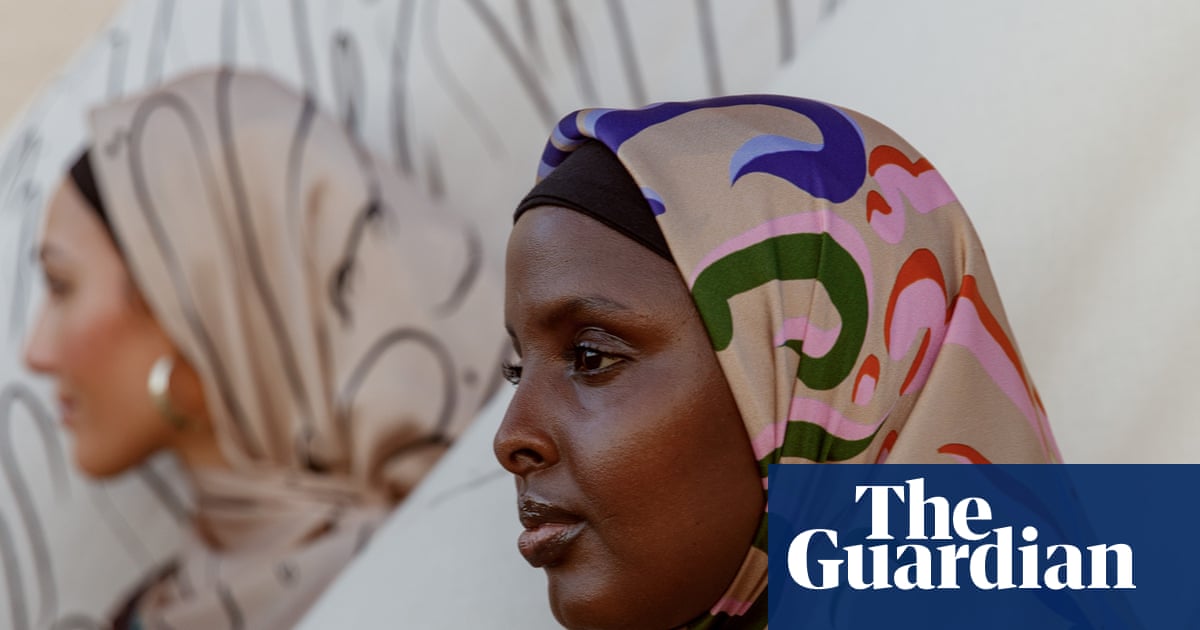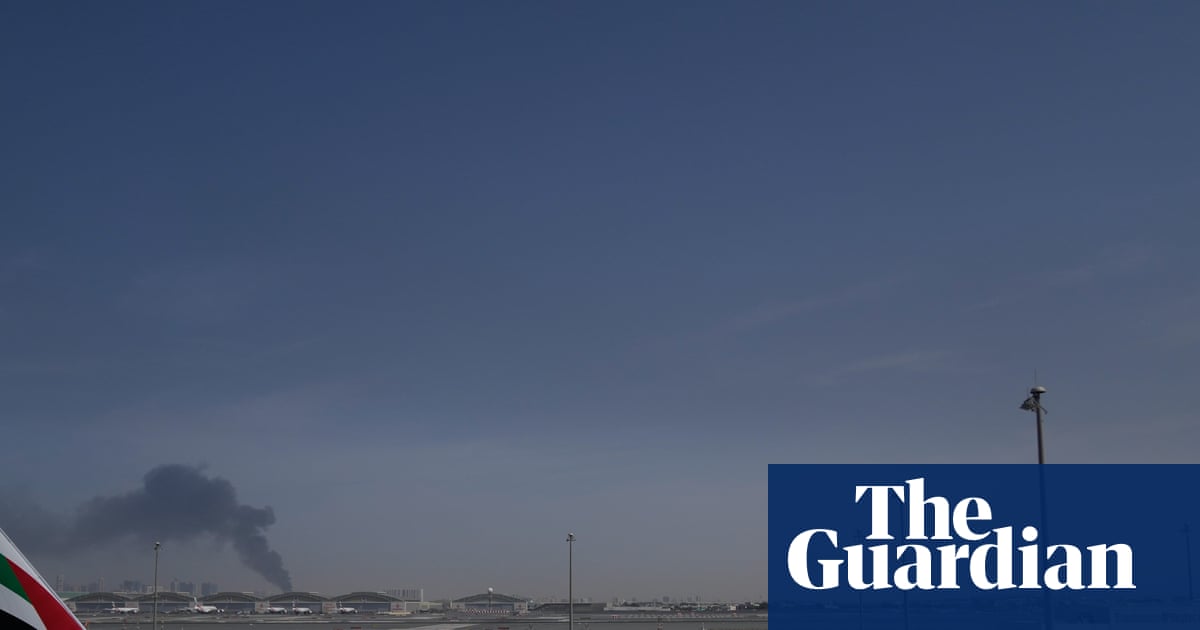How did it become “fact” that our asylum system has been broken by the people fleeing war, rather than by those who run it? The insanity of a “deterrent” involving deporting four people to Rwanda at a price of £700m is now giving way to ministers breaking more than 70 years of convention to offer not sanctuary but suspicion. If we want to stop the boats we need to stop the BS when it comes to what creates refugees, and how to respond to them.
Parliament is gripped by fear that “asylum shopping” is widespread, that bearded men peruse policy documents before jumping into dinghies and heading for Great Yarmouth. Even those who recognise X is not a credible source from which to make asylum policy seem resigned to the idea that there are votes in treating all who ask for help as likely to abuse it. In response to a far-right challenge, this government is proposing to keep victims of torture or persecution in a perpetual limbo by only offering them temporary sanctuary. If they wish to stay they will have to reapply for refugee status every two and a half years. Rather than being able to apply for indefinite leave to remain after five years, they will have to wait 20.
This is not just performatively cruel, it’s economically misjudged. There is scant evidence that Denmark’s decision to refuse to grant longterm asylum to most has deterred anyone who would have chosen Denmark as a destination. It’s also clear that this policy would make refugees more costly to help – if you can’t stabilise your status, you will always struggle to get a job, a bank account or a mortgage, making it more likely you will be dependent on state or charity support. While in the UK migrants are more likely to be in work than UK natives, as of 2021 Denmark’s migrant and refugee employment rates were roughly 20 percentage points lower – with all the resulting economic and social costs.
Asylum accommodation costs in the UK have spiralled because of delays in processing – that is clearly unacceptable. So too would be spending money to reassess the same people expecting a different result. When we give someone protection from being persecuted in their home nation on the basis of their religion or sexuality, those who targeted them for these qualities rarely experience a change of heart. Civil wars are not short-term affairs, and in their aftermaths risk of harm is not eliminated at speed – our own travel advice tells you not to go to Syria because it is still exceptionally dangerous.
In reality if this policy becomes law the UK will require ICE-style raids to remove people – and their children. If a ceasefire is negotiated with Putin, will the nearly 250,000 Ukrainians who have come here over the past four years and counting be forced to “go home” or be deported without a second glance – regardless of the lives they may have built here now?
That the number of people seeking refuge in the UK has increased in the past year reflects not a generosity of our system, but the chaos of our world. In the past 10 years multiple conflicts have driven people from their homes whether in Iran, Sudan, Eritrea or Afghanistan; autocrats rising to power have sought to imprison or murder their opponents and conscript young men. Creating a new hostile environment will do little to tackle these factors or the costs of managing asylum. Indeed, it is likely to increase them.
It is time for common sense on asylum as well as compassion. Concerns about whether asylum seekers are “genuine” are best interrogated – and deportation enacted if required – when first deciding whether to accept someone into the country. If and when we give someone sanctuary, the progressive response should be to make integration easier and a priority – not leave them open to exploitation through uncertainty.
It’s absolutely right to go after the gangmasters. We also need stronger joint approaches with other countries to safe routes, and to sharing data on those rejected. Collaboration could save thousands of unaccompanied migrant children now in Europe from trafficking via family reunion. Ultimately, sharing responsibility for those in need of assistance, not shirking it, is the foundation for action. Because of reduced cooperation and data sharing, it’s clear leaving the EU has proven a far bigger problem for border control than the European convention on human rights.
We must also disentangle immigration and asylum. Each requires more control over travel, not less, and recognising that people come to, and leave, the UK for different reasons. For example, it makes little sense to count students in the same category as refugees, when one group is mobile and the other vulnerable.
The UK urgently needs a grownup conversation about the merits and quantities of different categories of visas and visitors, whether for marriage, humanitarian needs, care workers, high-value skills or research. That’s unlikely while our political discourse on all sides is steered by toxic tropes about foreigners.
after newsletter promotion
As another row on immigration and refugees awaits parliament, it is clear the problem is not immigrants, but politicians themselves.
-
Stella Creasy is the Labour and Cooperative MP for Walthamstow
-
Do you have an opinion on the issues raised in this article? If you would like to submit a response of up to 300 words by email to be considered for publication in our letters section, please click here.

.png) 3 months ago
88
3 months ago
88

















































